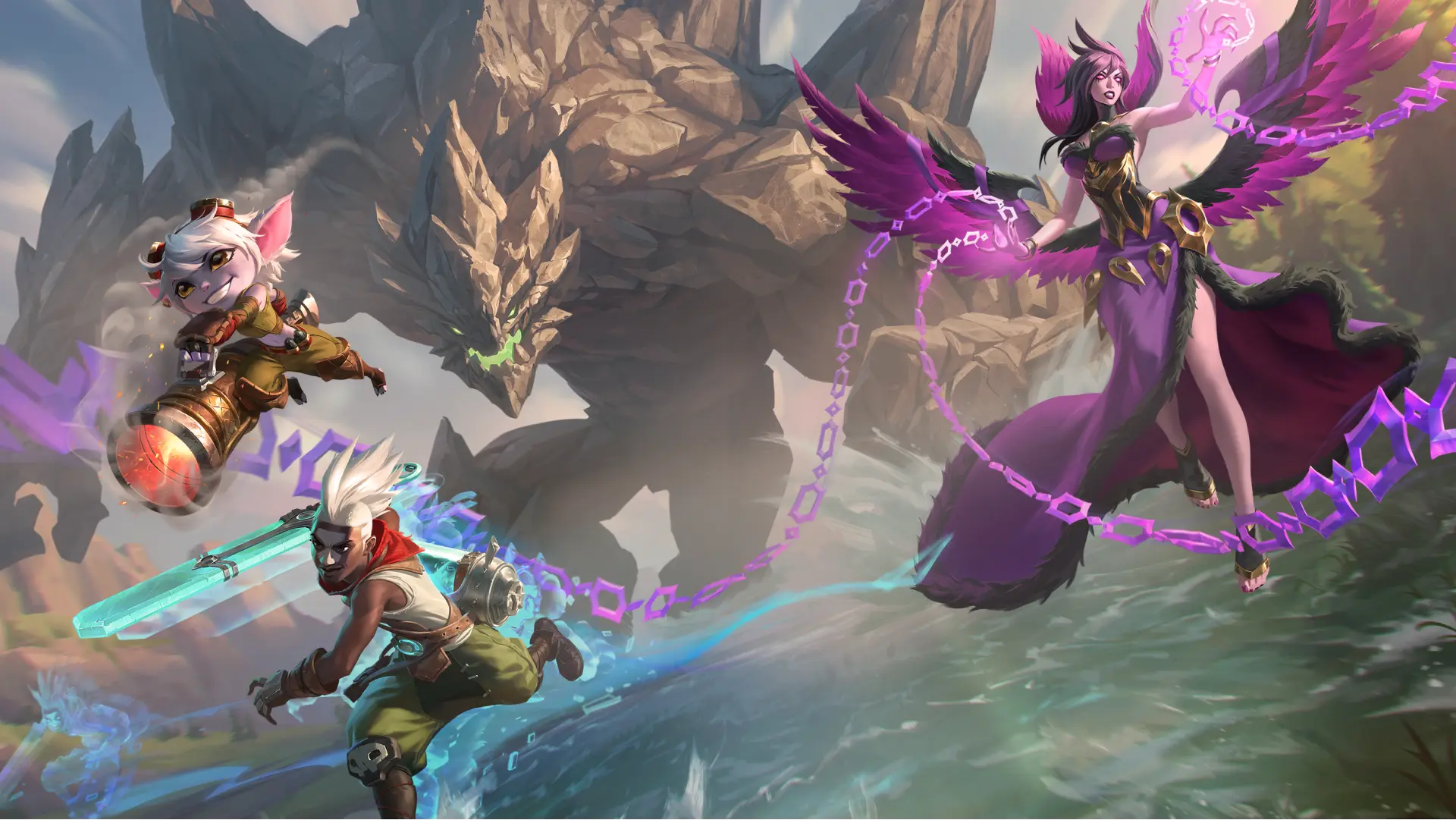In today’s gaming world, selecting the right gaming PC can significantly influence your overall gaming experience. With a plethora of options available, how do you choose the right gaming computer? This guide will walk you through the essentials in gaming PC selection, ensuring you make an informed decision according to your specific needs.
Understanding Gaming PCs
A gaming PC is tailored to handle the intensive demands of modern video games. It often features powerful hardware components, capable of rendering high-end graphics and maintaining smooth gameplay. Before diving into your buying decision, consider understanding the key components that make up a gaming PC.
Key Components of a Gaming PC
- CPU (Central Processing Unit): The brain of the computer, influencing overall performance.
- GPU (Graphics Processing Unit): Crucial for rendering graphics; a powerful GPU is essential for a gaming PC.
- RAM (Random Access Memory): Essential for multitasking. A minimum of 16GB is recommended for gaming.
- Storage: SSDs provide faster load times compared to traditional HDDs. Aim for at least 512GB SSD.
- Motherboard: Ensure compatibility with CPU and other components.
- PSU (Power Supply Unit): A reliable PSU prevents component failure.
- Cooling System: Proper cooling is vital, especially for high-performance gaming.
- Case: Choose a case that provides sufficient airflow and space for upgrades.
Determine Your Needs
Before purchasing a gaming PC, you need to evaluate your gaming preferences. Are you into competitive gaming, casual gaming, or perhaps content creation? Assessing your needs can help direct you toward the right specifications:
- Casual Gaming: A mid-range GPU and CPU will suffice for less demanding games.
- Competitive Gaming: Opt for high performance; prioritize a high refresh rate monitor paired with a strong CPU and GPU.
- Content Creation: Invest in higher RAM and storage; a balanced CPU and GPU will handle video editing and streaming well.
Setting a Budget
Establishing a budget is crucial. Gaming PCs can range from a few hundred dollars to several thousand. Determine how much you’re willing to invest in your gaming setup. If you have a tight budget:
- Focus on getting the best CPU and GPU combination.
- Consider building a PC instead of buying pre-built.
- Look for sales or refurbished components.
Research the Latest Hardware
Keeping up-to-date with the latest gaming hardware can prevent you from making outdated purchases. Technology evolves rapidly, and hardware that was the best last year may not meet today’s standards. Follow gaming and tech blogs, forums, and YouTube channels that review and compare components.
Understanding Performance Metrics
Learn the metrics that impact gaming performance:
- FPS (Frames Per Second): Higher FPS leads to smoother gameplay.
- Resolution: A higher resolution provides better visuals but requires more powerful hardware.
- Refresh Rate: The higher the refresh rate, the more frames you see in a second, contributing to a smoother experience.
Where to Buy Your Gaming PC
You can choose to build your own PC or purchase a pre-built system. Each option has its advantages:
- Building Your Own PC: Offers customization. You can select high-quality components that match your needs.
- Buying Pre-built: Saves time and effort. Many reputable companies offer systems that are already optimized for gaming.
Reputable PC Manufacturers
When choosing a pre-built system, consider brands known for reliability and performance. Some reputable manufacturers include:
- Alienware - Known for high-performance gaming systems.
- ASUS ROG (Republic of Gamers) - Offers a range of robust gaming PCs.
- MSI - Renowned for gaming laptops and desktops.
- CyberPowerPC - Popular for customizable PCs.
After Purchase: Optimizing Your Gaming PC
Once you've acquired your gaming PC, it’s essential to optimize it for the best performance:
- Install the latest drivers: Ensure your GPU and other hardware have the latest updates.
- Optimize game settings: Tailor the graphics settings in individual games for optimal performance.
- Regularly clean and maintain: Dust buildup can affect cooling efficiency, leading to performance drops.
Final Thoughts
Choosing the right gaming PC is a significant decision that can enhance or diminish your gaming experience. By understanding your needs, setting a budget, researching current hardware, and deciding between building versus buying, you'll be equipped to make a wise choice. Always remember to optimize your system post-purchase for maximum enjoyment of your games!
For additional insights and comparisons, visit Tom's Hardware and check out their detailed component reviews. Understanding each aspect will lead you to the best gaming experience tailored to your preferences.




.webp)

